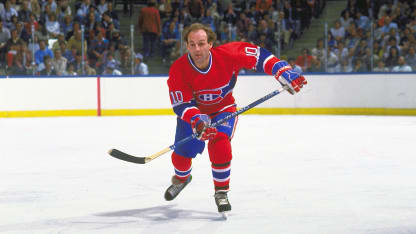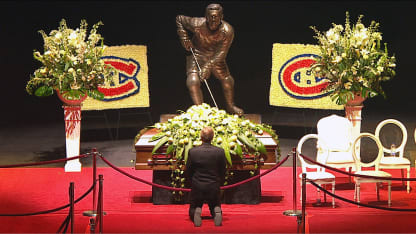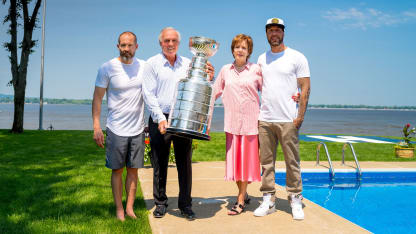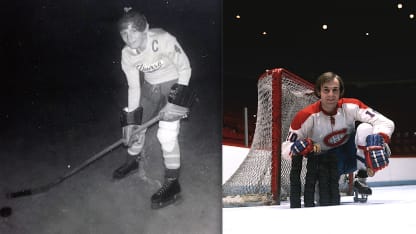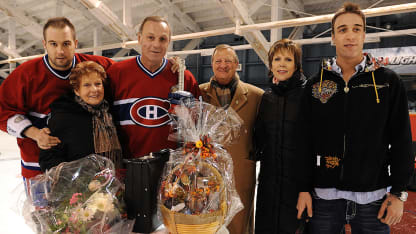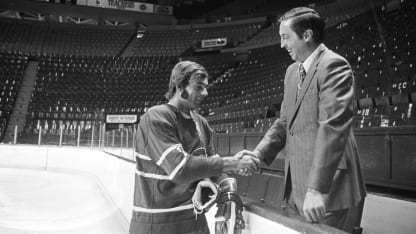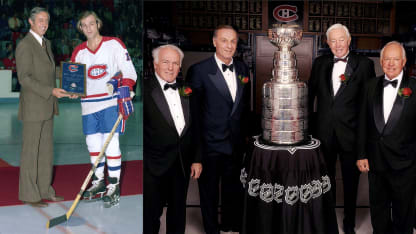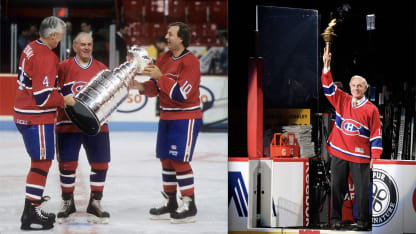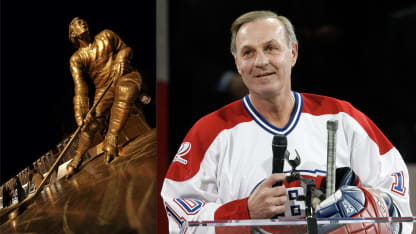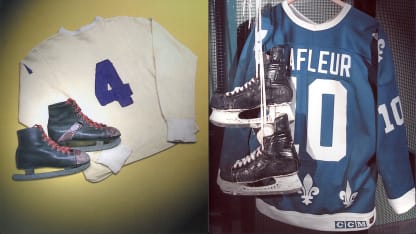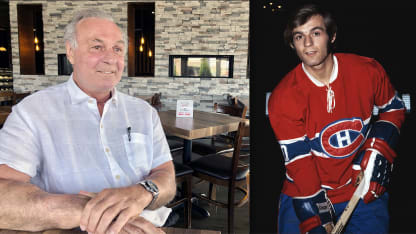Seen from behind, Guy Lafleur is reflecting at the floral-blanketed coffin of Jean Beliveau, his idol, mentor and inspiration, who is laying in state at Bell Centre on Dec. 8, 2014. In the background is Beliveau's enormous statue, brought onto the arena floor from an outdoor plaza celebrating the Canadiens' grand history, where it usually stands alongside those of Lafleur, the incandescent Maurice "Rocket" Richard and early-era superstar Howie Morenz.
Morenz was 34 when he died in the hospital of a coronary embolism on March 8, 1937, five weeks after a bodycheck sent him awkwardly into the Montreal Forum boards, shattering his leg. The Rocket died May 27, 2000 at 78 following a battle with abdominal cancer. Beliveau passed Dec. 2, 2014 at 83, after a lengthy illness that followed two strokes and a bout with throat cancer.
